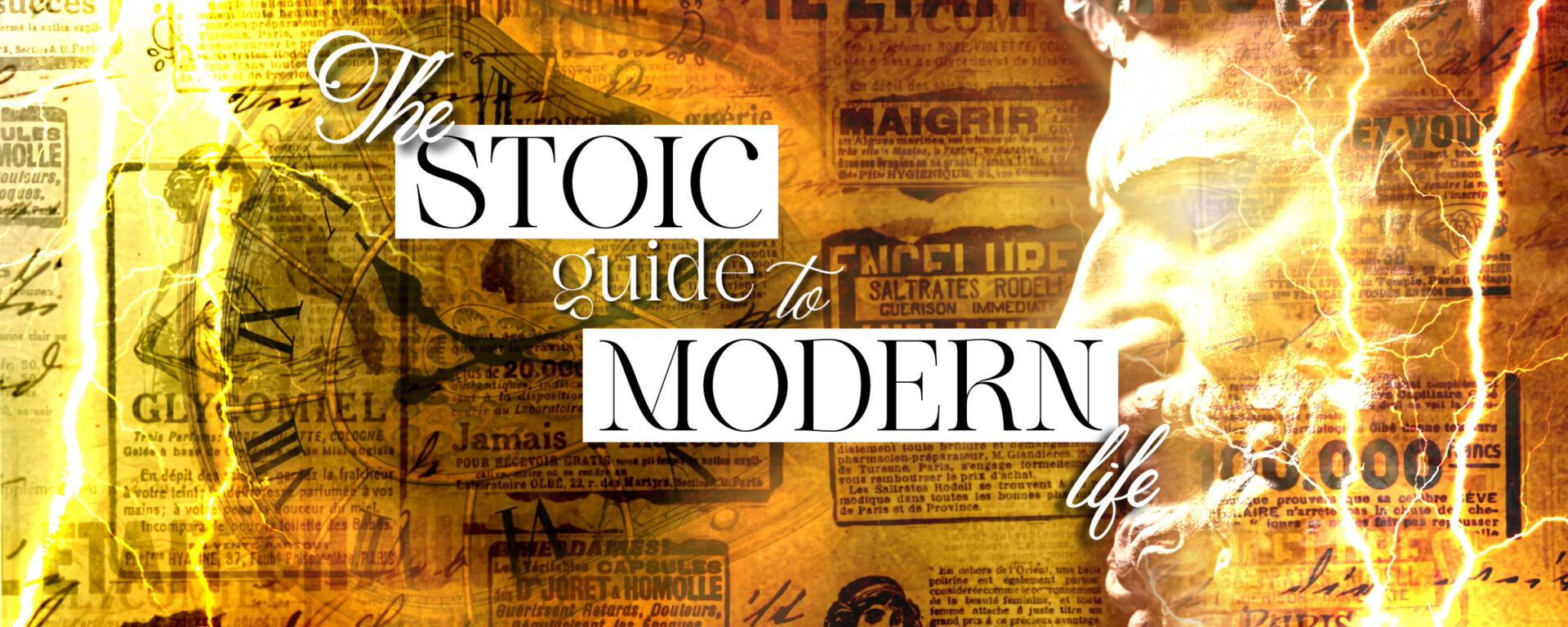Life today is a whirlwind—loud, fast, and full of things that feel just outside your control. Stress is the default setting, and it’s easy to get lost in the chaos. But over 2,000 years ago, Stoic philosophers like Marcus Aurelius, Seneca, and Epictetus had already figured something out: peace isn’t about changing the world around you. It’s about mastering the one thing you CAN control—your mind.
You can’t control traffic. You can’t control what people say about you. You can’t control whether your plans fall apart. But you can control your response. The weather, the economy, other people’s opinions—none of it is in your hands. What is? Your thoughts. Your actions. Your attitude. Wasting energy on the uncontrollable is like trying to steer a ship by yelling at the wind. Shift your focus to what you can change, and suddenly, life feels a little lighter.
Hard times aren’t just inevitable; they’re necessary. The Stoics didn’t run from adversity—they leaned into it. They saw struggle as training, something that made you sharper, stronger, better. Seneca put it simply: “Difficulties strengthen the mind, as labor does the body.” That setback, that rejection, that moment where everything feels like it’s going wrong? It’s not just happening to you—it’s happening for you. Instead of asking, Why me? try asking, What can I learn from this?
And then there’s the part no one likes to talk about: nothing lasts. The people you love, the things you cherish, even you—all temporary. It sounds dark, but the Stoics used this truth to fuel gratitude. They practiced negative visualization—imagining loss not to depress themselves, but to remind themselves to appreciate what they had while it was still here. When you remember that nothing is promised, you start living like everything matters.
External validation? A game you’ll never win. Marcus Aurelius saw it clearly: “We all love ourselves more than other people, but care more about their opinions than our own.” Whether people praise you or tear you down, it doesn’t change who you are. Focus on your values. Do what’s right. The rest? Just background noise.
And when emotions hit like a storm? Let reason be your anchor. The Stoics weren’t about suppressing feelings—they were about questioning them. Frustration, jealousy, anger—are they actually useful, or just knee-jerk reactions? Before letting an emotion take the wheel, pause and ask: Does this serve me? Nine times out of ten, the answer is no.
At its core, Stoicism is about living with purpose. Status, money, comfort—none of it means anything if you aren’t acting with wisdom, courage, justice, and self-discipline. When you’re faced with a choice, don’t ask, What’s easiest? Ask, What’s right?
You can’t control the world. But you can control you. And in that, you’ll find all the power you need.

